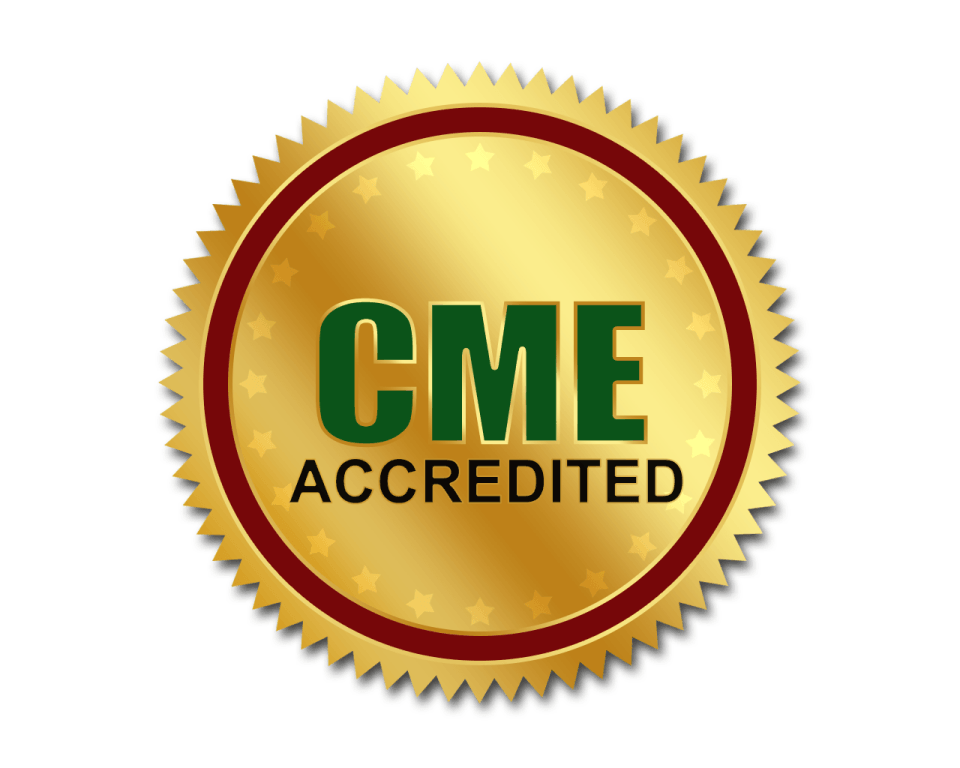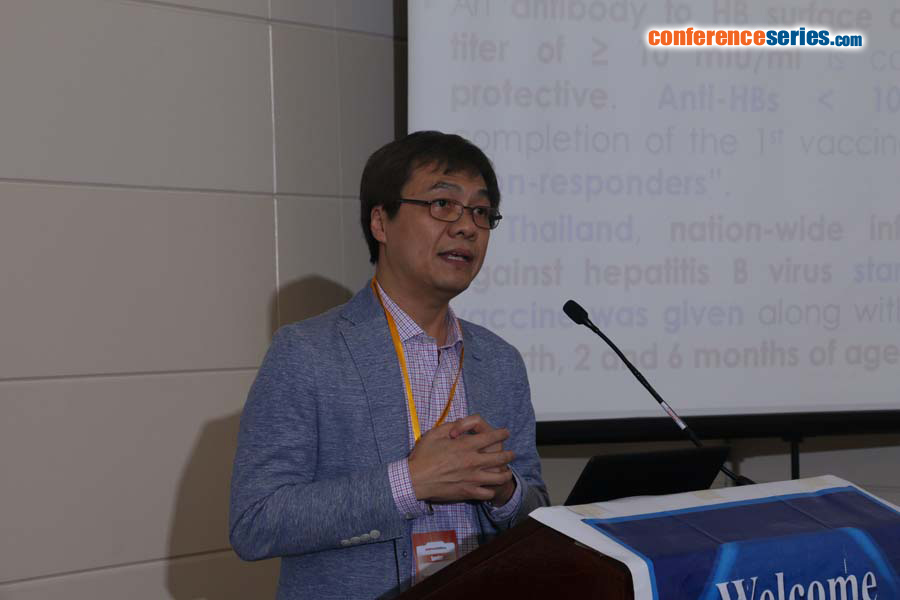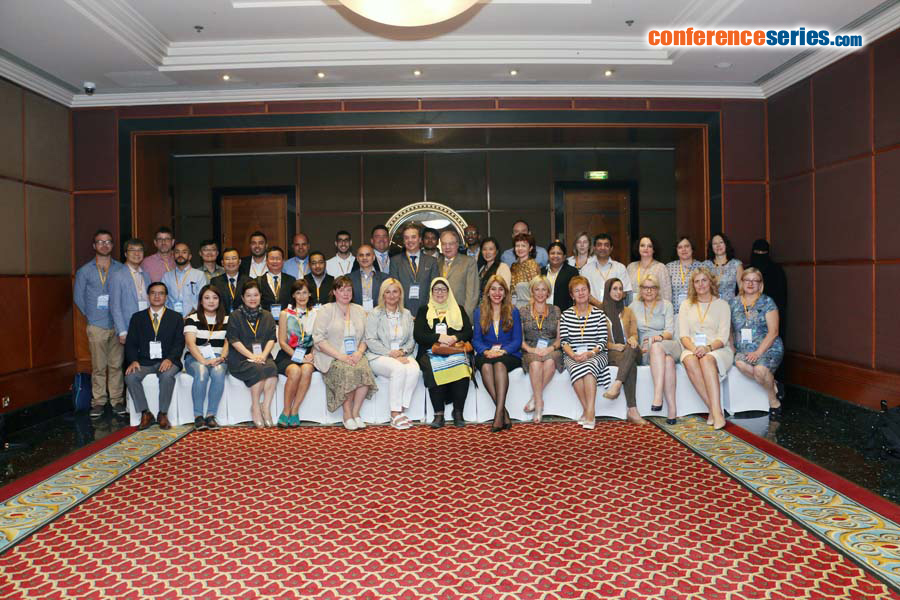
Prapan Jutavijittum
Chiang Mai University, Thailand
Title: Hepatitis B revaccination to students whom firstly demonstrated anti-HBs negative or titer <10 mIU/ml
Biography
Biography: Prapan Jutavijittum
Abstract
In 2013, first year medical students and nurse students of Chiang Mai University were tested for the presence of HBsAg and quantitative levels of anti-HBs. The students whom tested negative for HBsAg and anti-HBs negative or titer <10.0 mIU/ml were called back for 3-dose course of hepatitis B (HB) revaccination. Blood samples were taken at 8-10 months after the 1st dose of HB revaccination. Of 408 subjects, 3 (0.7%) were HBsAg-positive and 332 (81.4%) were anti-HBs negative or titer <10 mIU/ml and 76 (18.6%) were anti-HBs titer ≥10 mIU/ml. 2/248 (0.8%) of the students were test positive for anti-HBc. Among persons who born short after adoption of universal neonatal HB immunization in Thailand; at least 0.8% were infected and recovered from HBV infection, 0.7% became HBsAg carriers and at age 17-19 year-old 81.4% were anti-HBs negative or titer <10 mIU/ml. The young adults whom firstly demonstrated anti-HBs negative or titer <10 mIU/ml required at least 2-dose course of HB vaccination to achieve protective levels of anti-HBs. Among the complete 3-dose course of HB revaccinated subjects, only 5/236 (2.1%) have failure to raise anti-HBs ≥10 mIU/ml. Our data support the need of pre-booster check and HB revaccination to whom received neonatal HB vaccination if long time after that they have opportunities for HBV exposure, e.g., joining healthcare disciplines.
Speaker Presentations
Speaker PPTs Click Here




